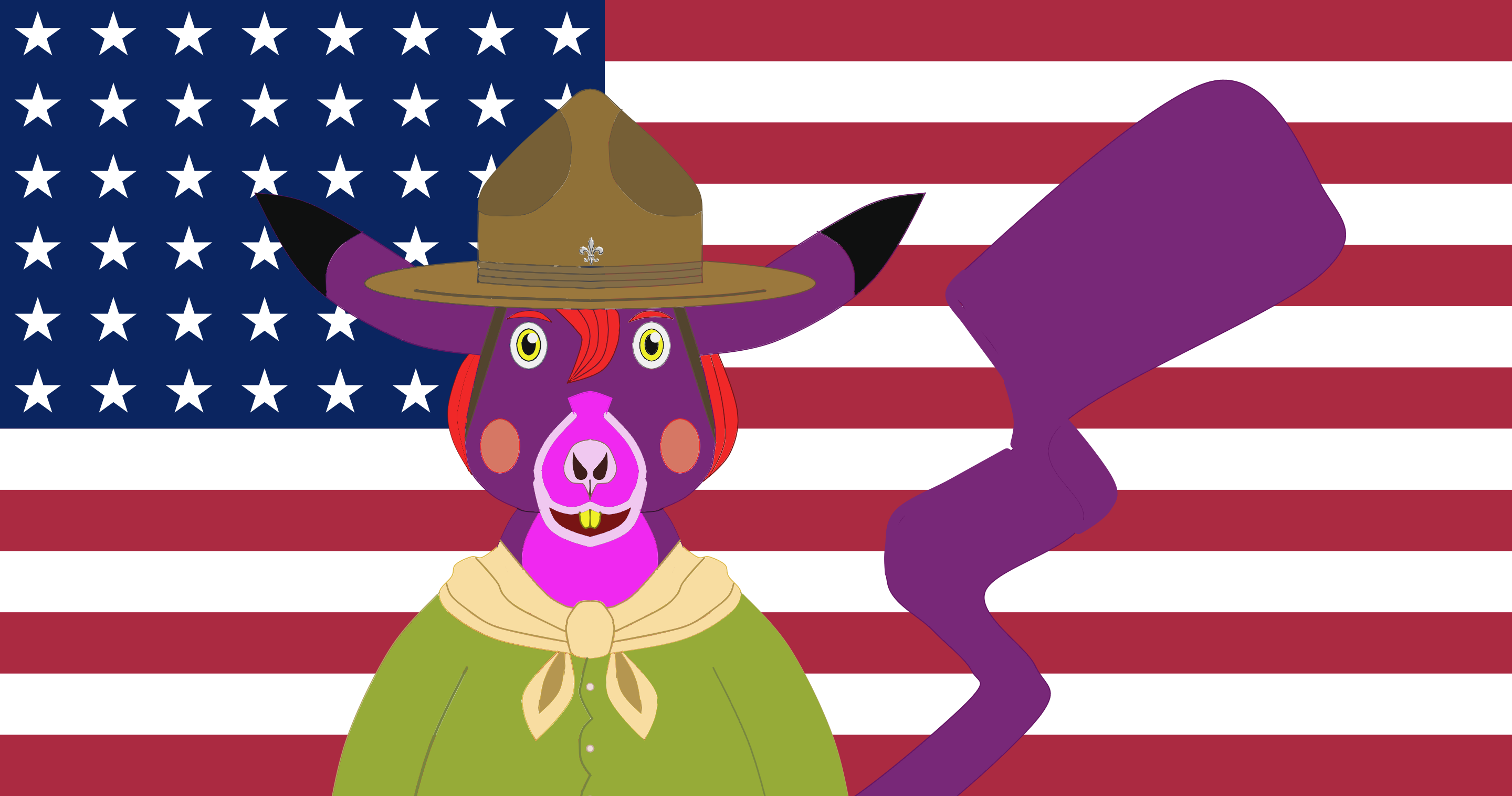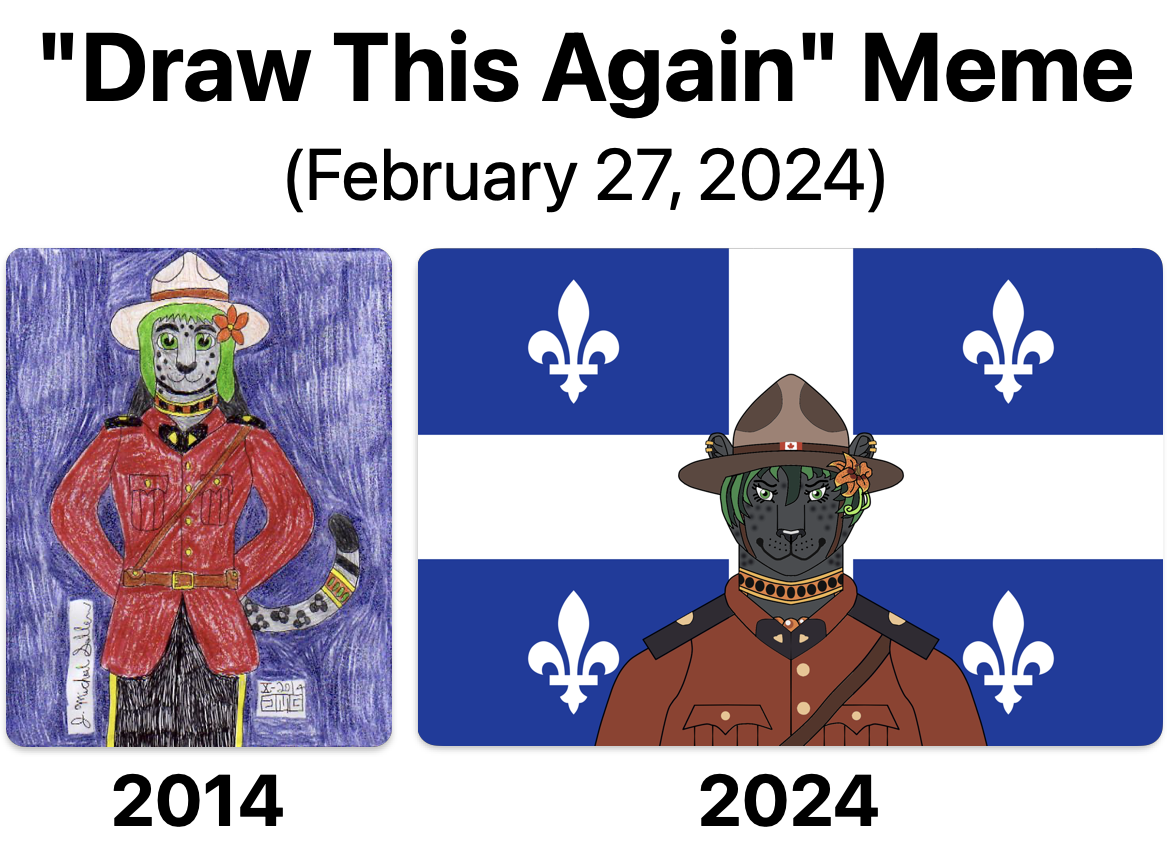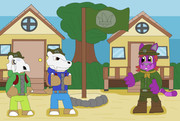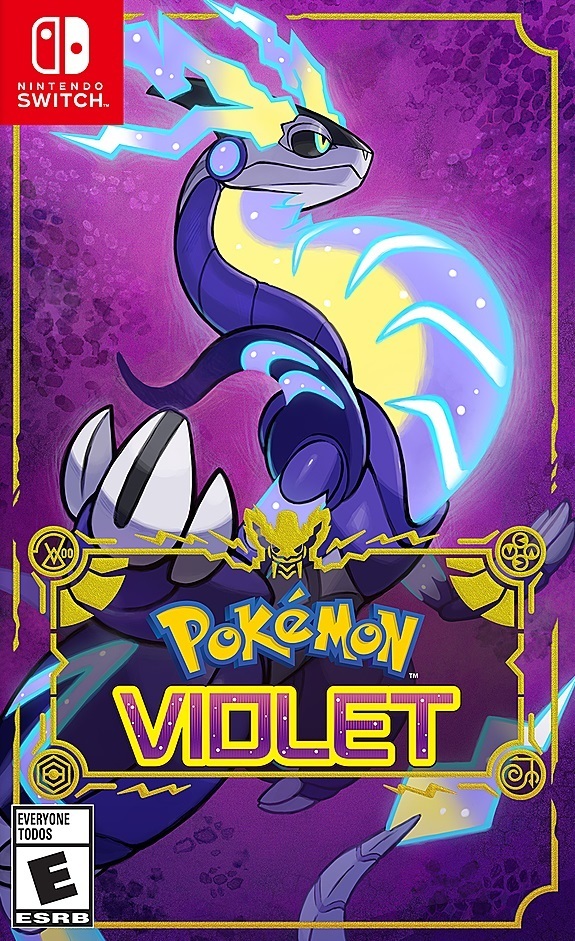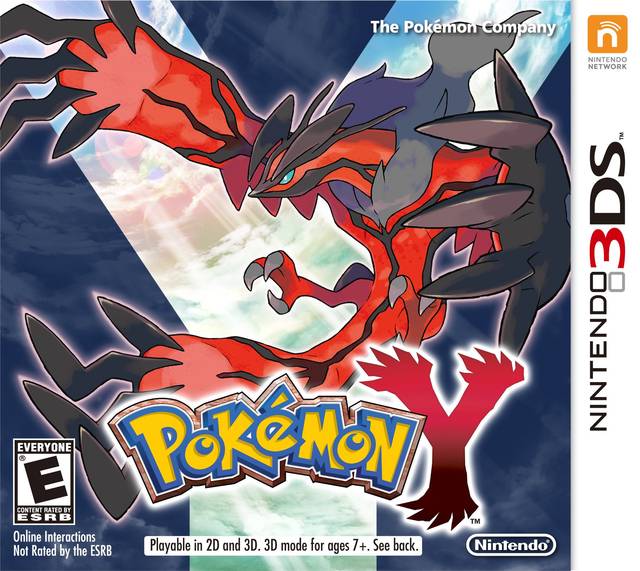 Breath of the Wild Pokémon
Breath of the Wild PokémonGamers have known Nintendo for somewhat being revolutionary with regards to some of its console designs such as the Wii, given its use of motion-sensitive controllers that its sequel system would bequeath, and more recently the Switch, given the capacity for players to use the console on a television or portably. It would also receive several critically-acclaimed titles such as
The Legend of Zelda: Breath of the Wild, which most agree was a turning point in one of Nintendo’s flagship franchises. It would further receive the latest generations of Pokémon titles along with a few remakes, the latest spinoff in the series being
Pokémon Legends: Arceus, which despite being something of a side-game, sort of proves another “turning point” on its respective console.
Arceus’ setting occurs in the history of the region of Sinnoh, back then known as Hisui, long before the duo of
Diamond and
Pearl occurred, with the game transporting the black-slate protagonist the player names back through a rift in spacetime, where he/she receives the quest of collecting data on whatever Pokémon exist then. The backstory is decent, but given the endless clichés that abound, such as time-travel, amnesia, a legendary hero, imminent disaster, and such, the present of the plot never really reaches excellence. The translation is certainly legible, although the various dialects, such as the professor’s advanced vocabulary, somewhat seem unnatural.
Luckily, the gameplay largely compensates for the narrative shortcomings, with the protagonist able to keep a limited inventory with things such as different types of Poké Balls for various situations such as lightweight avian, heavy foes, and all Pokémon in between. The eponymous entities visibly wander fields and caves, with the main character able to throw a Poké Ball at them in an attempt to capture it for his/her pasture back in town, although one can potentially waste balls, and the ‘mon can break free. While enemies may sometimes notice the protagonist and chase them to the ends of the earth, one can utilize items such as berries gained from having captured ‘mons ram trees to distract wild ones and smoke bombs to cover himself/herself.
The player can also toss Pokémon at mineral deposits to get other materials involved in the crafting of items such as supplemental Poké Balls and recovery potions, although players can purchase some of these at shops as well, provided they’ve done the necessary sidequests to expand the shops’ inventories. The general difficulty of fulfilling sidequests without the assistance of the internet is a primary strike against the game mechanics, along with the limited inventory with which the player can explore, the protagonist needing to stash items in a chest and have at least one slot for another item type in order to obtain one that they’re not currently carrying.
On fields and in dungeons, the protagonist can throw one of six of their active Pokémon at wild ones to commence battle, in which case, likely depending upon the opponent’s level, the enemy might get the first chance to use an ability, with plenty of opportunities for frequent OHKOs if the player’s monsters are low-level. As in prior series entries, moreover, switching ‘mons in the middle of battle wastes the player’s turn or in some cases turns, a step down from the superior swapping systems present in other RPGs such as
Breath of Fire IV,
Final Fantasy X, and
Wild Arms 2.
If wild Pokémon are close enough, the player must fight them all off in order to get experience for living members of the player’s team, although they must battle strictly with one ‘mon, and lamentably, abilities that affect multiple foes are absent. However, one major improvement over prior games is that while each Pokémon can have a maximum of four active abilities of different types (the Rochambeau formula of certain abilities and ‘mon elements being strong/weak against other kinds returning), the player can, outside battle, change these skills and not completely lose them. A teacher in town also provides additional abilities, as leveling occasionally does, for a price.
Arceus’ main method of acquiring money comes from the constant capture of wild Pokémon, doing so also gradually filling many different aspects of the franchise’s iconic Pokédex, with several measures such as how many of a certain type the player has evolved (with some evolutionary methods necessitating the use of a guide if players are unfamiliar with prior games) and slowly but surely advancing the protagonist’s exploratory rank that dictates things such as the level ceiling of how well ‘mons will follow the player’s commands and which advanced types of Poké Balls they can use.
Players familiar with the types of particular Pokémon, most of which return from prior series entries, will definitely relish at the ability to determine which to throw at wild ones to engage them, although before story battles, the player can’t make such a choice unless they’ve encountered the opponent Pokémon and/or their trainer before. Moreover, the player doesn’t receive the chance, when fighting trainers with multiple Pokémon, once players have offed one of the opponent’s, to change their active ‘mon. Despite the issues,
Arceus’ take on the Pokémon formula is fairly faithful to mainline games whilst evolving it, although players may find it easier
not to experiment constantly with lower-level ‘mons and largely stick to those from their pasture with higher levels.
While
Arceus does have general good direction on how to advance the main storyline, with certain giant iterations of specific Pokémon opening exploration, the direction on the sidequests is often vague, with occasional annoying puzzles and minigames as well, not to mention the total lack of a minimap and compass separate from the main map screen, and you have to face the direction of the next objective point in order to see the indicator during travel. There are other annoyances such as the need to teleport back to a camp in order to get back to town, and you have to go back to town in order to go to another wild Pokémon-populated region. In the end, the developers could have certainly made the game more user-friendly.
The audiovisual presentation could have been better as well. As in the open-world Zelda that partially inspired it,
Arceus is fairly light on music, although what little soundtrack does exist is decent, if derivative of other entries of the Pokémon series, with most ‘mons having distinct digitized cries, if somewhat primitive-sounding. The visuals contain good colors and distinct monster designs, a few reskins indicating different elemental types of certain species, although there is plentiful popup, with wild Pokémon seeming to have choppy robotic movement when seen from a distance, the environs too containing blurry and pixilated textures when viewed up-close. In the end, the spinoff’s aesthetics are at best middling.
Finally, a straightforward playthrough can take a little over twenty-four hours, although given my involvement in much of the side content such as filling the Pokédex, my final playtime ended up a few hours short of forty-eight, with a completionist playthrough taking much longer, and lasting appeal, given the significant enjoyability of the game mechanics, is naturally high.
In summation, one could certainly consider
Pokémon Legends: Arceus the monster-collecting franchise’s answer to The Legend of Zelda’s
Breath of the Wild, given its open-world gameplay that definitely has many things going for it. However, given that I don’t look upon that particular entry of the Zelda series with rose-tinted glasses, that doesn’t necessarily mean
Arceus is a
good game, as it does have plenty issues of which prospective players need to be aware before purchasing and playing it such as the lack of helpful quality-of-life features, unengaging narrative, and average audiovisual presentation. Regardless, I wouldn’t consider my time with the game to be a waste, and given my sizeable temporal investment in the game, it obviously
does do many things right.
The Good:+Good catching and battle mechanics.
+Clear direction for plot advancement.
+Plenty of side content.
The Bad:-Same issues with central mechanics as in prior games.
-Unengaging narrative and lackluster localization.
-Average audiovisual aspect.
The Bottom Line:An okay spinoff that brings the franchise a few steps forward and some back.
Score Breakdown:Platform: Nintendo Switch
Game Mechanics: 7.0/10
Controls: 5.0/10
Story: 2.5/10
Localization: 6.0/10
Music/Sound: 5.0/10
Graphics: 5.0/10
Lasting Appeal: 8.0/10
Difficulty: Moderate
Playing Time: 24-72 Hours
Overall: 5.5/10

